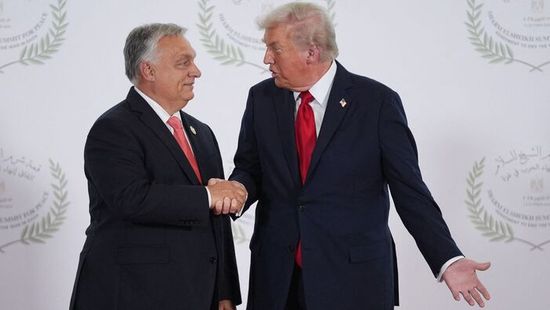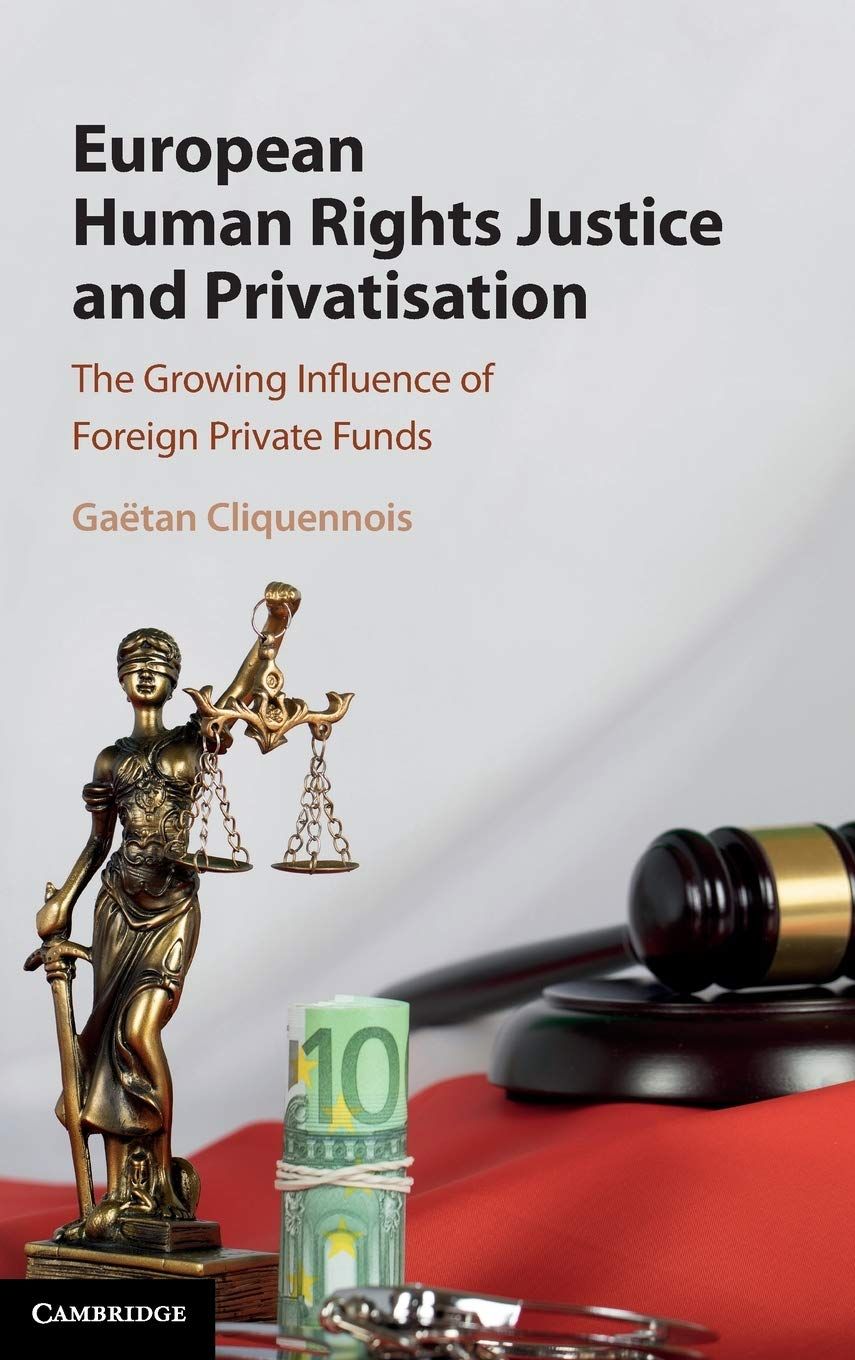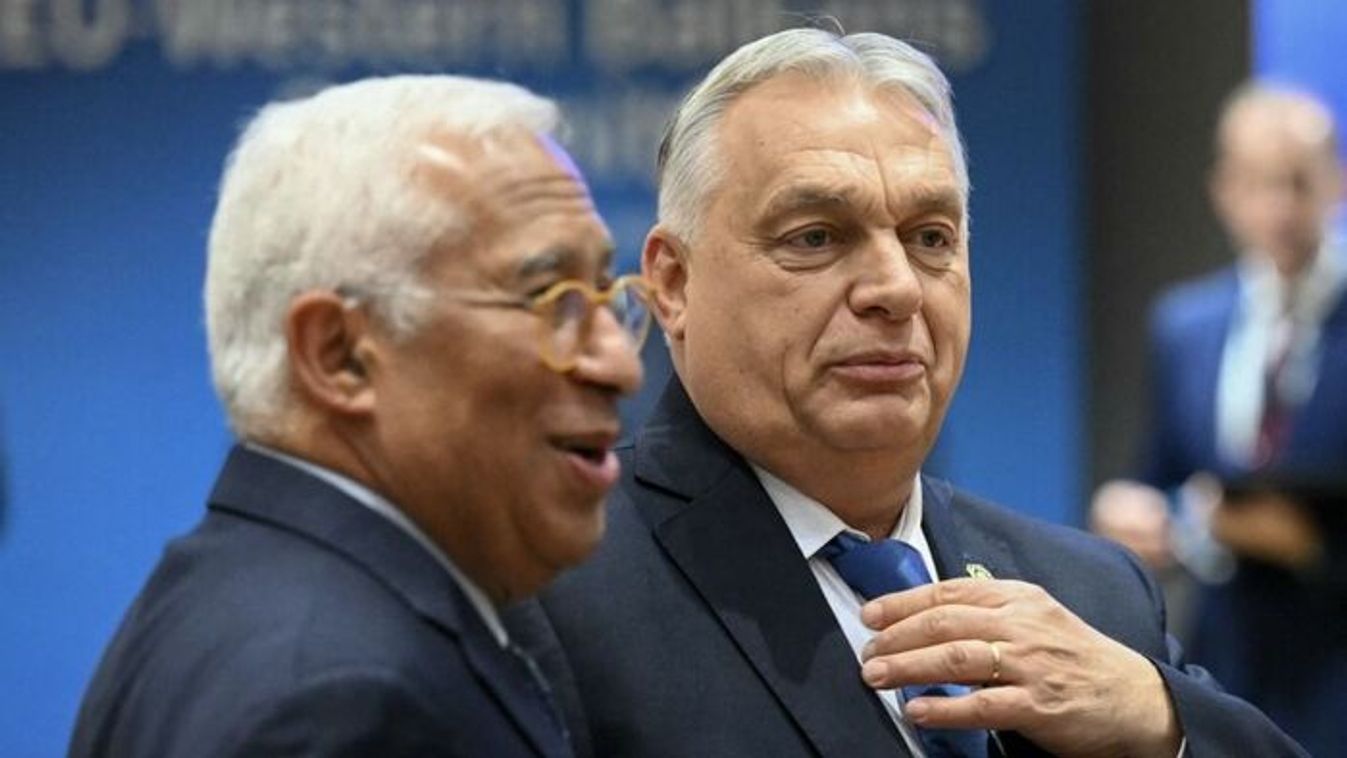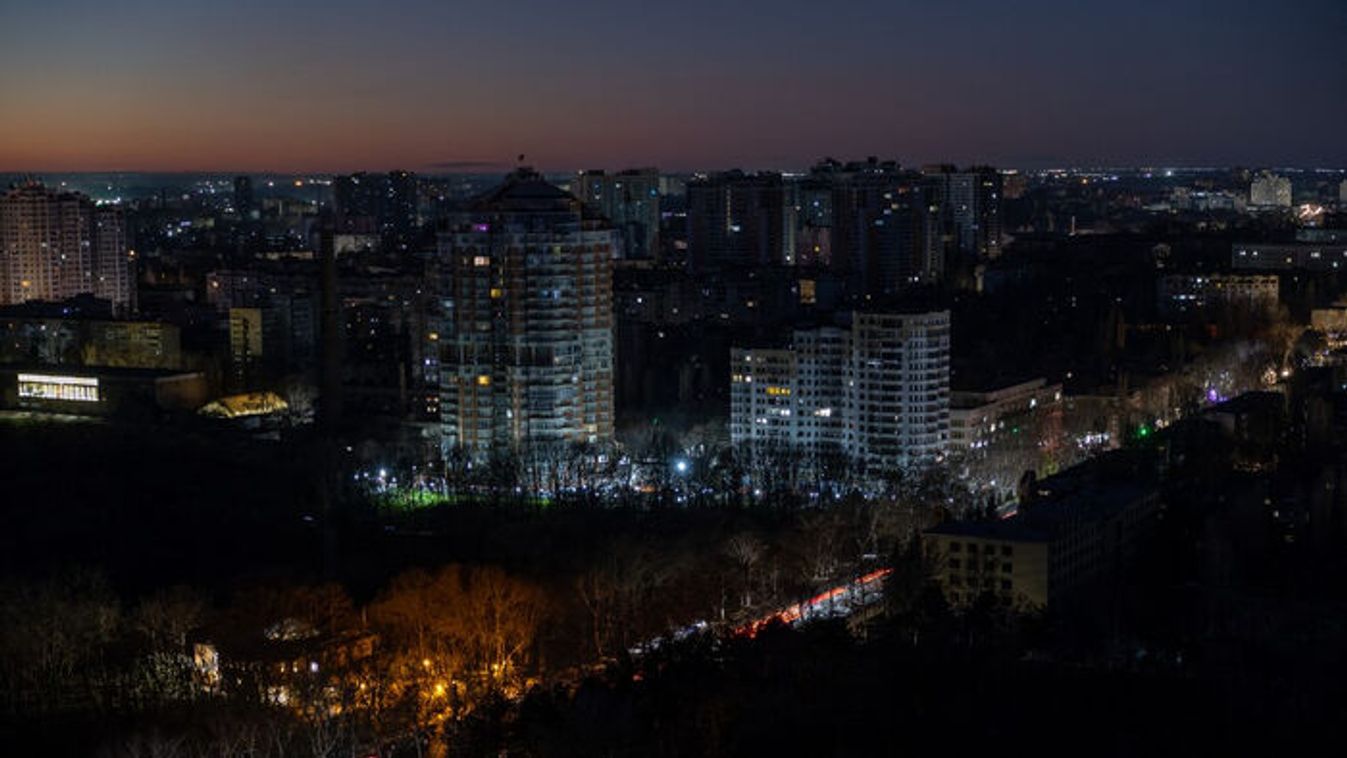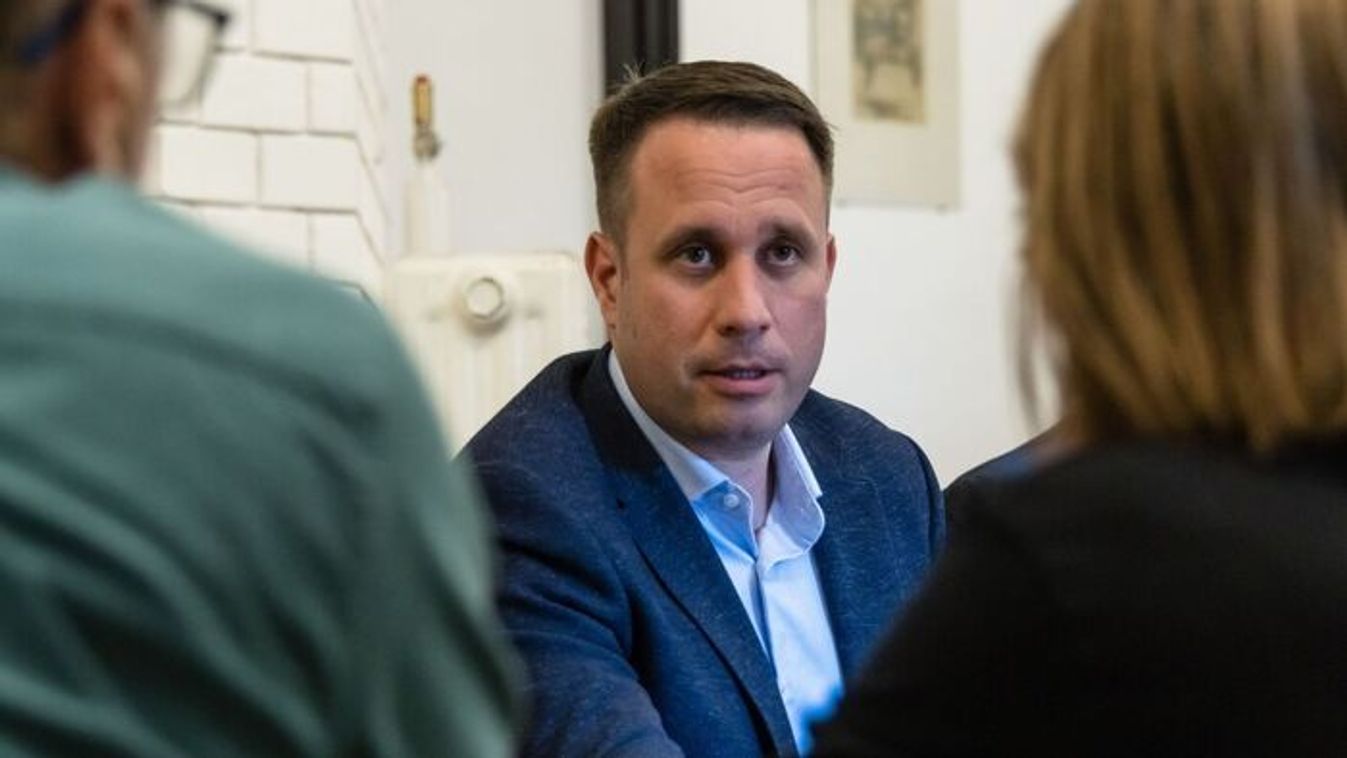I did not study this aspect in the book. However, what I can say is that the CJEU has been for a long time and until recently rather a rubber stamp for the European Commission (notably due to a continual process of revolving doors) than a real independent Court. In this regard, as said above, private foundations lobby in priority the European Commission and the European Parliament to get more influence on the process of European integration favoring their neo-liberal agenda and western vision.
Can we say, that private funding prioritize Eastern and Central Europe when it comes to litigation?
Yes. The analysis of the European case law in the book tends to shows an overrepresentation of Eastern countries and Russia among the countries that are condemned by the ECtHR through litigation efforts made by private foundations and the NGOs. The roster of key litigants against Eastern countries and Russia in particular allows us to assert that one private foundation (OSF) and a limited number of NGOs have played a key role in defining the input of the ECtHR case law against these countries.
How is this possible for them?
These NGOs have been able to play such role thanks to generous funding from a limited number of private donors. The influence exerted by donors is not only purely informal, but it is also formalised through the calls for proposals, projects and grants explicitly aimed at ‘enhancing’ litigation and execution of judgements concerning so called nationalist regimes.
Does this mean that these particular organizations cherrypick from a pool of cases?
Indeed, dependence on a limited number of private sources of funding may well result in a selection bias. For instance, the legal cases in which the OSF intervenes either as direct litigant or through third party interventions are notably selected through for their potential political and legal impacts on specific countries. In this regard, the complaints which are brought by the OSF (but also by the NGOs more generally) mainly involve Eastern countries (Romania, Poland, Hungary, Slovenia). Countries which have been targeted by 27 judgments out of forty-seven obtained by the OSJI between 2004 and 2018.
What are the actual effects of these anomalies?
As it is written in my book, in contrast to the focus by private foundations (on Eastern countries and on specific issues) some areas and fields are neglected or even ignored by private foundations and the NGOs in their litigation and advocacy. In this respect, the book highlights the effects of the increased dependency of NGOs on economic finance and on some Member member States. In this regard, there are significant issues that are ignored by private litigation.
Some significant issues denounced by the UN, such as sexual offences, child pornography and human trafficking, are indeed very poorly litigated by private foundations and their network of NGOs,
although victims of such offences are protected by several conventions that offer solid legal grounds for litigation.
Does it lead to functional deficiencies?
Yes it does. For instance, the protection of Muslims’ rights leads to a clash of rights between the rights of Muslims and those of women and of LGBT people. Generally, in their litigation activities the OSF and the NGOs do not represent European people who are vulnerable, poor and affected by economic and social policies. Social and economic rights seem to be ignored by donors and litigators. For instance, although austerity policies deeply impact the economic and social rights of the most vulnerable citizens, they have never been litigated by private foundations. By highlighting this phenomenon can really be shown, how the right to litigation of vulnerable people is really curtailed; they just cannot really access to CJEU and EctHR whenever their economic or social rights are endangered.
How would you suggest addressing this problem?
In my view, there is a crucial need and room for regulation of the European human rights justice and a democratic control over the nomination of Judges, over potential conflict of economic and judicial interests and over the way private funds are affected to litigation and advocacy, and so forth.
There is also a need for transparency in this field and access to information on NGOs and private foundations and the way they influence the European human rights justice.
Contrary to what they pretend, NGOs and private foundations do not represent the whole society as they defend their private interests.
On 12 September 2018, on the basis of the so called Sargentini report, the European Parliament adopted a resolution on a proposal calling on the Council to determine, pursuant to Article 7(1) TEU. The issue is disputed by Hungary before the ECJ. Is it possible, that when it comes to ECJ, political factors can decide, when the legal situation sways?
Of course, political factors play a significant role (see my previous responses to your questions in particular my response to question 7) especially when considering the fight between the dominant western vision and a more traditional christian conception (that characterises what the western vision calls “populism” and “populist States”).
Professor Gaëtan Cliquennois has been interviewed with respect to his newest book titled European Human Rights Justice and Privatisation - The Growing Influence of Foreign Private Funds (Cambridge University Press, 2020.).
Interviewed by Gergely Dobozi
